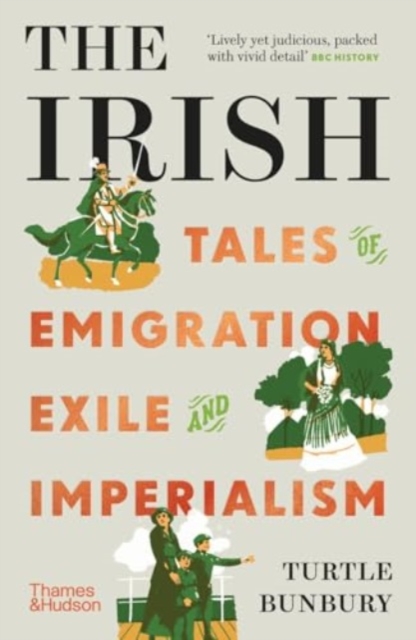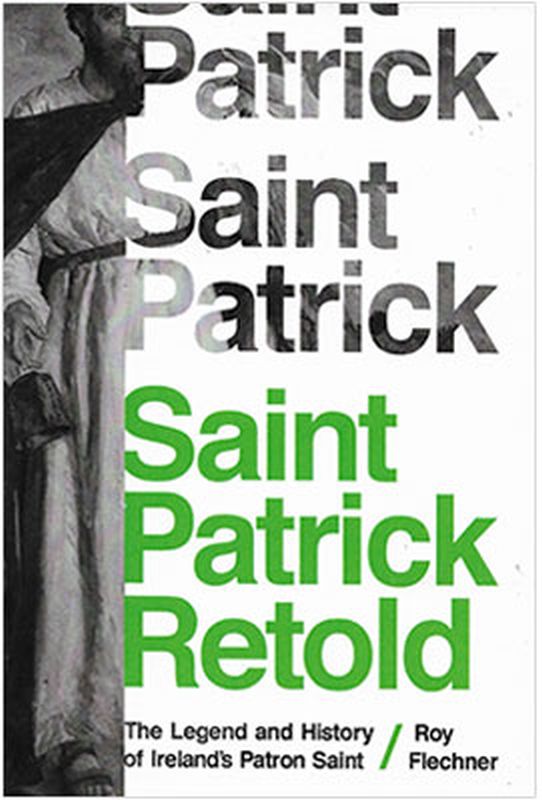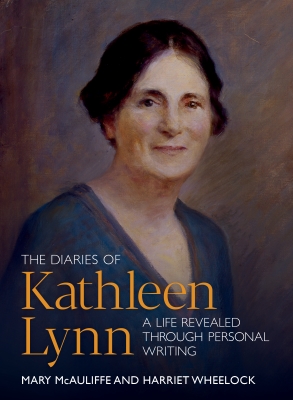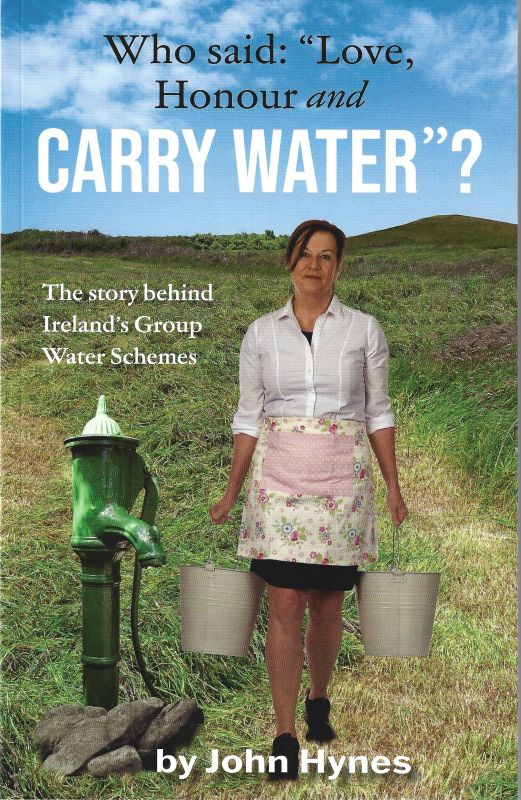IHB March Newsletter
The Irish: Tales of Emigration, Exile and Imperialism
“The Irish: Tales of Emigration, Exile and Imperialism” by Turtle Bunbury (now available in paperback) examines Irish emigration through over 40 case studies. From the 7th century travels of Columbanus to the White House connections of the twentieth century, the book charts the formation of the Irish diaspora.
Turtle Bunbury will be one of the speakers at a special history weekend at Ashford Castle which will run from the 19th to the 21st April. If you plan to attend the history weekend why not call into our bookshop in Cong. We are located just ten minutes walk or a two minute drive from the Castle.
Saint Patrick
Saint Patrick’s Day has just passed us by but what do we really know about Saint Patrick?
His life has been the subject of many thousands of books and journal articles but the earliest and only writings that can be ascribed to Saint Patrick are the Confessio and the Epistola (Letter to the soldiers of Coroticus). Both composed in the fifth century they have passed down to us today from Latin documents dating from the ninth century.
We stock a selection of titles about Saint Patrick ranging from T.F O’Rahilly’s controversial lecture on the Two Patrick’s to Roy Flechner’s contemporary reassessment of the life of Saint Patrick “Saint Patrick Retold”.
Irish Women's History
In celebration of International Women’s Day we have featured a new title from UCD Press – “The Diaries of Kathleen Lynn” edited by Mary McAuliffe and Harriet Wheelock.
Lynn was born near Killala in North Mayo in 1874, the daughter of Robert Lynn, a Church of Ireland clergyman and Catherine Wynne from Co. Sligo. She moved to Cong at the age of 12 when her father was appointed Rector of the Parish. She became a boarder at Alexandra’s College in Dublin which at the time was under the patronage of Lady Ardilaun of Ashford Castle.
Lynn’s political views developed while she was at the Royal University of Ireland studying medicine. She became involved with a number of suffragist and nationalist organisations. After postgraduate studies in the United States she became a fellow of the Royal College of Surgeons in 1909.
She was passed over for medical positions because of her gender but succeeded in obtaining a post at Sir Patrick Duns Hospital. Subsequently she became a resident at the Royal Victoria Eye and Ear Hospital. During this period she became politically involved with the labour movement during the Dublin lockout. She joined the Irish Citizens Army and was Chief Medical Officer of the Irish Citizens Army during the Easter Rising.
During the Rising she was based at the City Hall but was arrested and detained in Dublin until June 1916 when she was deported to England. She kept a diary of the events and aftermath of the Rising which give a unique insight into the treatment of prisoners after the Rising. This is the starting point of the diaries which extend until 1955 and chronicle Lynn’s medical and political career during the first three decades of the new Irish state.

Who said: Love, Honour and Carry Water?
Who said: “Love, Honour and Carry Water”? — The story behind Ireland’s Group Water Schemes is written by John Hynes, whose company Group Waterworks Ltd opened ground and laid thousands of miles of piping throughout the country in the 45 years from 1968 to 2013.
For anybody who remembers growing up in rural Ireland 60 years ago the daily chore of fetching water to the house was one of the many hardships to be endured.
The ESB ran an advertising campaign to sell electric pumps with the tag line “Who said “Love, Honour and Carry Water” – a parody of the wedding vows. At the beginning of the 1960’s, 75% of rural households had no piped water supply and for many women in rural Ireland, to whom the task of water carrying most often fell, it was far from being a joke.
This book tells the story of the author’s involvement in the evolution of the Group Water Schemes and the supply of piped water throughout rural Ireland. A biography, a social history and most importantly a chronicle of bureaucratic hurdles and community determination the book casts light on a hitherto neglected history of one of rural Ireland’s most enduring institutions.




